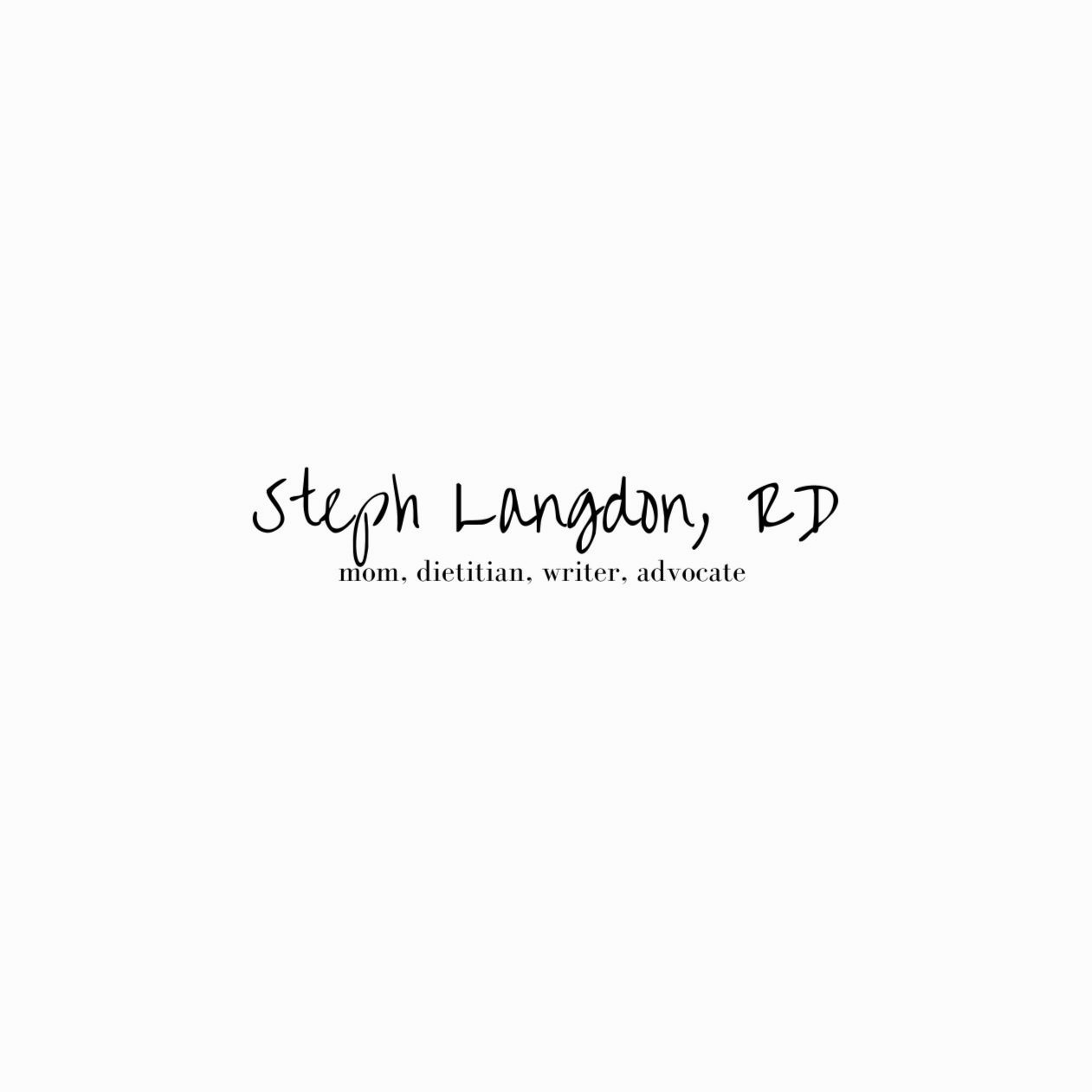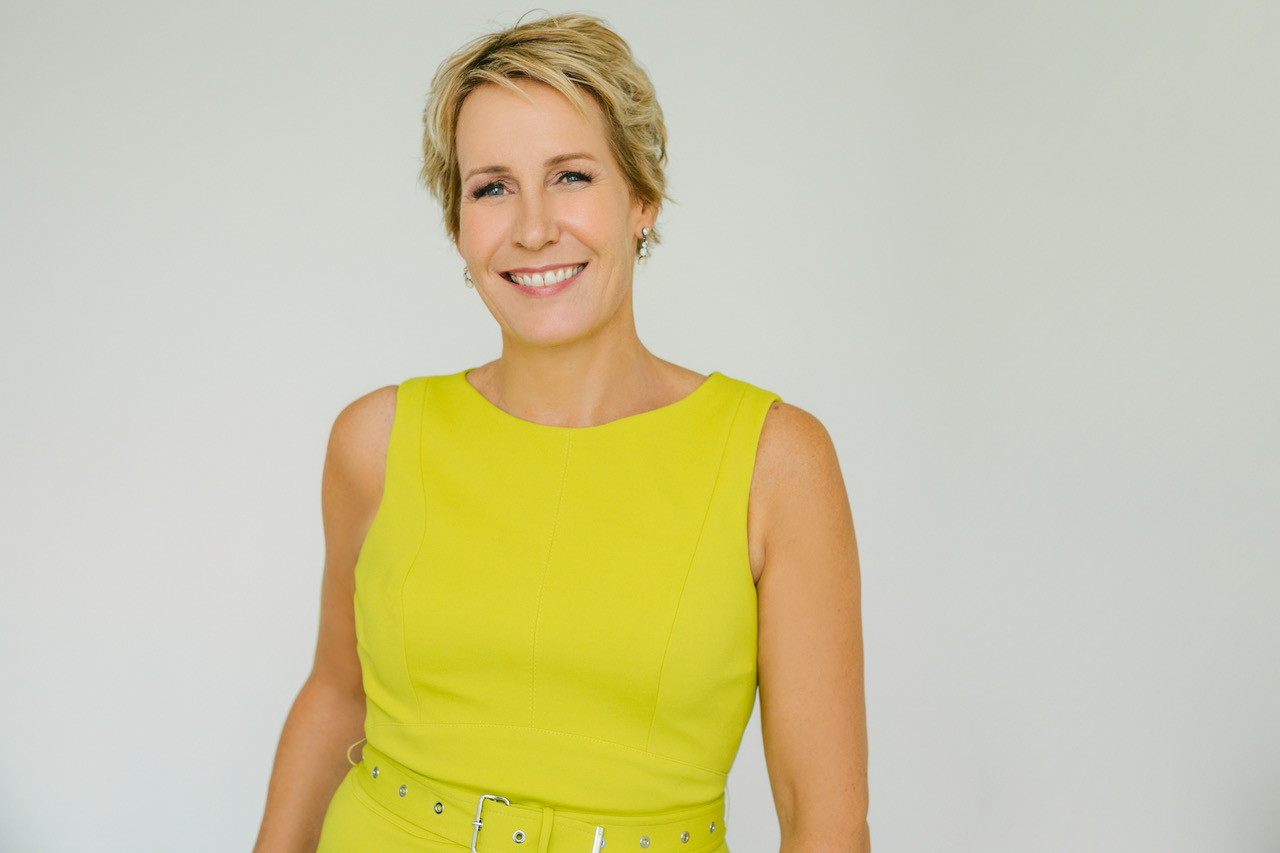Diana Reid, MPH, RD
THE GLOBAL DIETITIAN
for something nutrishus
I reached out to Diana after reading her bio on Twitter and feeling she would have a great story to share and one that I could relate to. I currently have a 1 year old and 4 year old and live a country away from home, so I don’t know how she did it, but the profession is lucky to have this second career dietitian with the skills she brought along.
Why did you become a RD?
I’ve always been athletic and interested in nutrition to help support performance and recovery, but it wasn’t until after I had twins that I really decided to get serious about nutrition and change careers. My youngest son has had a lot of health challenges since he was born, including asthma, allergies and food intolerances, so I wanted to learn as much as I could to help him and our family. So, after a 15-year career in marketing and communications, I went back to graduate school to get my masters degree in public health and nutrition when my twins had just turned one and my oldest was 4 years old. I definitely don’t recommend that to others! It was a bit exhausting.
What area of dietetics do you work in?
I currently work as a private practice dietitian in the area of gut health. I focus primarily on helping clients with gastrointestinal disorders such as IBS, IBD, celiac disease, GERD and other related issues, such as food allergies and intolerances. My clients have often suffered for YEARS before they come to me, so it’s incredibly rewarding to be able to utilize food and nutrition as a way of alleviating their symptoms.
I also work with kids and families and enjoy helping parents become skilled at raising healthy eaters, plus I have a few sports nutrition clients as well. I work in a pretty small community with very few dietitians, so I have a variety of areas of focus.
How would you explain what you do?
I take the science of nutrition and translate it into pragmatic and practical advice that helps my clients feel better and live a healthier life. From a counseling perspective, I also help my clients discover their own hidden strengths and abilities. Sometimes people just need someone to shine a light on them, so they can see themselves more clearly. I use the practice of motivational interviewing with clients to help them identify their goals, uncover hidden roadblocks and develop a plan of action for their health and nutrition that works for them. Not because someone else tells them what they should do.
What are your ‘typical’ daily/weekly tasks?
It runs the gamut from researching for an article I’m writing to seeing clients, taking clients grocery shopping or teaching cooking classes. It really depends on the week!
What has been your career path?
I have a pretty non-traditional career path, as I started out in another field altogether and changed careers in my 40s. I think being a second career dietitian has made me very savvy in terms of business and entrepreneurship and knowing how to present and market myself. I also have a strong sense of who I am and what I have to offer. After graduate school, I worked as a dietitian in a community health center and was quickly promoted to lead the entire staff of dietitians across the organization. I don’t think this would have happened without my previous experience in management and leadership from my prior career.
My husband’s job transferred us overseas from our home in Seattle 3 years ago, so I have had to learn to reinvent myself once again. Starting a private practice in a foreign country wasn’t necessarily something I’d planned to do, but I wanted to work and needed to get creative in order to meet the needs of my busy family and to grow my own skills and experience at the same time. I’ve been really loving the creativity and freedom I have being my own “boss.”
I now see clients 3 days per week and write articles for nutrition publications in the US, as well as write nutrition information and articles for a few consumer-focused food companies. I love the variety and flexibility!
What advanced education or special training do you have?
I earned my masters degree in public health at the same time I became an RD, because I really wanted to understand the big picture of nutrition and how our health is impacted by numerous external or environmental factors. Food and nutrients are critical to health, for sure, but it’s also important to know how things like stress, trauma, race, gender and socioeconomic status affect our health. We don’t live or eat in a vacuum!
In an ideal world, what does the industry look like 5 years from now?
I really hope that there will be much more focus on health and nutrition as prevention, and as a critical factor for health, rather than an afterthought, or something we do because people are already sick. I’d love to see changes in Medicare/insurance regulations that provide for regular nutritional visits for healthy or at-risk individuals. I’d also like to see nutrition professionals get the acknowledgement and respect they deserve. As dietitians, we spend a huge amount of time learning about nutrition science and studying research, developing best practices and counseling patients. It would be great to see this commitment more universally recognized and celebrated.
What would you like people to know about RDs?
We work extremely hard and we love what we do. We are also passionate about science and continued education. We aren’t satisfied with just staying in one place or relying on nutrition information from last year. This is why our patients, clients and fellow healthcare professionals come to us for information, advice and counsel.
What are challenges you encounter as a RD?
It really depends on where in the world I am, as I definitely see cultural differences in this area, but I think the biggest challenge is that people think dietitians just give out diets and meal plans. Sometimes I wish we were differently named!
In terms of what I do, I’d personally rather help people utilize food to be their healthiest self, regardless of what weight they’re at. I feel like there is too much focus on weight, BMI or individual “numbers” in the healthcare profession, and across our overall culture as a whole. These numbers or metrics are just small pieces of the puzzle, when health is truly multi-faceted. When I counsel people, I look at things like stress, sleep, activity, eating habits AND what they eat. Not just the food. I think it’s important to look at the whole person.
More about Diana:
Twitter: @theglobalRD
Instagram: @theglobalRD
Facebook: The Global Dietitian
Thanks Diana!

